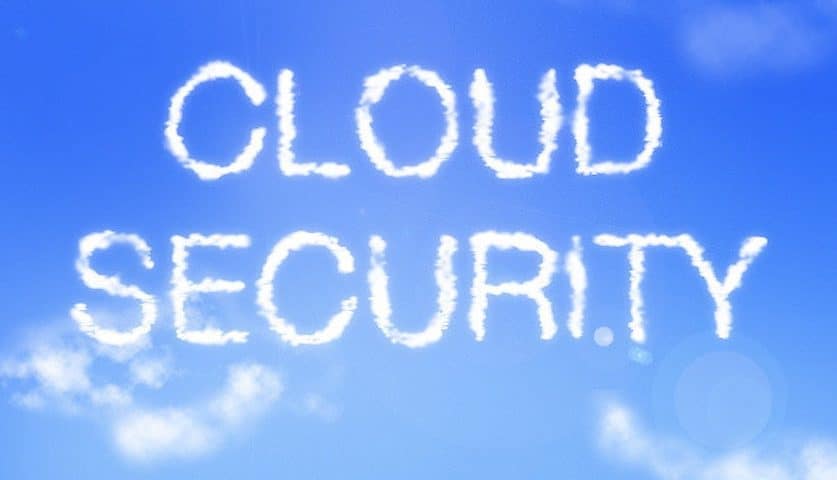
Lessons Entrepreneurs Learned The Hard Way
February 22, 2017
4 Reasons Why London Is The Place To Do Business
February 22, 2017As time goes on, more businesses are looking at ways to improving their online security. The cloud offers a flexible, scalable and cost-effective way of data storage and communication for them. Trouble is; many companies are unaware that some cloud services can be insecure.
As you can imagine, data privacy is a hot topic in the business world these days. The sad truth is that we regularly hear of data breaches due to security vulnerabilities. Many of the world’s best-known tech brands have suffered such issues. Still, the news isn’t all bad. It’s possible to set up a “private” cloud in a way that offers a secure way to store and access data.
What is a private cloud?
Most of us are familiar with services such as Dropbox, the nifty online file storage provider. While Dropbox is “mostly” a secure service, it has some security issues. For a start, Dropbox is what we call a “public” cloud. That means your data gets stored on servers with other user data.
If a hacker were to somehow breach Dropbox’s firewalls and servers, they have the potential to access your files along with everyone else’s data.
How private clouds are better than public ones
The beauty of private clouds is they are just that: private. Your data gets stored on a server that is exclusive to your business! With private clouds, there is no need to maintain in-house servers. There is also a couple of other benefits to private clouds.
First of all, you can access them from any location around the world. You might think that’s also possible with an in-house server. But, connection speed can be an issue with a standard broadband or fiber link. Private cloud servers are located in secure, purpose-built data centers with high-speed and reliable Internet connections.
Second, it’s cheaper to have a private cloud server than buying and maintaining one in-house. Especially when you consider the cost of leasing high-speed Internet connections, maintaining a secure location, and so forth.
Typical uses of private clouds
Businesses set up private clouds for all kinds of purposes. For instance, lawyers and healthcare providers may use them for legal document management solutions. They are also typically used for company-wide file storage, accessible to satellite offices and remote workers in any part of the world.
Aside from desktop or laptop connections, companies can also develop apps that allow mobile users to connect to their private cloud systems.
Another advantage of private clouds over in-house setups is their scalability. When additional storage is needed, extra capacity can be added in a matter of minutes with little to no disruption.
Secure connectivity
Some companies worry about remote workers connecting insecurely to their private clouds. It’s standard practice to use encryption between client and server connections, much like with web browser connections to secure websites.
An extra layer of security is also possible with a VPN (virtual private network). That means even connections from public Wi-Fi networks are only made through secure “tunnels” via the VPN.
I hope you’ve found today’s article on private clouds useful. Thanks for reading it!








